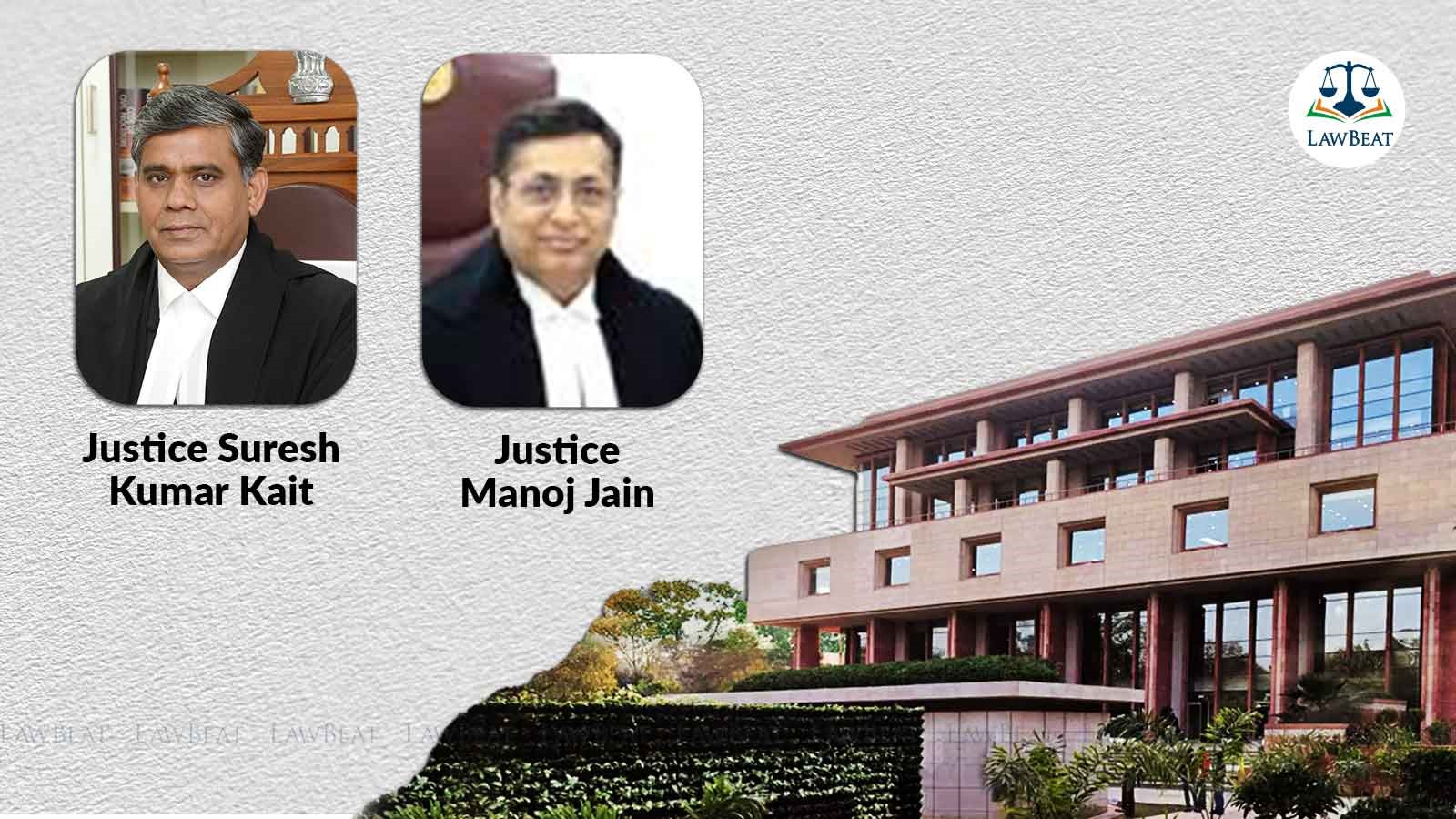Delhi High Court Acquits Rape Convicts Due To Insufficient Evidence

Court criticized the investigating officer for neglecting to gather essential evidence, such as call detail records, which was detrimental to the prosecution's case
The Delhi High Court has recently acquitted four individuals previously convicted of gang rape by the trial court. The high court noted that the investigation was not up to the mark and the evidence presented was insufficient to prove the case of the prosecution.
Furthermore, court observed that although semen was found on the victim's leggings, matching the DNA profiles of the accused, it could not immediately suggest sexual assault, especially since 'G' herself didn't make any accusations regarding this matter. It could alternatively be seen as a consensual physical relationship, the court opined.
The bench comprising Justice Suresh Kumar Kait and Justice Manoj Jain held, “There was not enough material on record to prove the case of prosecution. No incriminating word has been whispered by ‘G’ and her parents. Investigation is also not upto the mark as neither PCR form nor CDR of mobile of ‘G’ were placed on record. Keeping in mind the fact that ‘G’ was major at the relevant time, DNA report, which was not even put to the accused under Section 313 Cr.P.C., does not carry any value”.
An appeal challenging the trial court's conviction order under various sections of the Indian Penal Code, 1860 (IPC) was filed before the high court. Senior Advocate Harshvir Pratap Sharma for the appellants argued that there was no evidence linking them to the abduction and sexual assault complaint. He criticized the haphazard investigation, citing the failure to collect the complainant's call records as a significant oversight. Additionally, He contended that the trial court's reliance solely on the Forensic Science Laboratory (FSL) report was unjustified, given the lack of supportive testimony and eyewitnesses.
Additional Public Prosecutor Manjeet Arya appearing for the State highlighted information received via PCR about a girl allegedly kidnapped and raped by four individuals. 'G', the victim, disclosed her ordeal, including abduction, non-consensual physical relations, and detention, but later stated she left home voluntarily.
“We will not mince any word in commenting that Call Details Record of ‘G’ would have also reflected her location which could have even strengthened the case of prosecution but is not explicable as to why such valuable piece of evidence was not bothered to be collected. Thus, a golden opportunity went begging”, the court observed.
Court found it puzzling and perplexing why the police overlooked obtaining the Call Detail Records (CDR) from 'G's mobile phone, which could have provided crucial insights. Despite 'G' stating that her phone was confiscated by the police, there was no apparent effort to collect and document the CDR. This failure to gather such vital evidence was seen as detrimental to the prosecution's case.
"It is worth emphasizing that 'G's Call Detail Record could have potentially strengthened the prosecution's argument by revealing her location. The failure to collect this essential evidence represents a missed chance," court held.
It noted 'G's shifting statements and the absence of physical evidence of forcible sexual assault. The high court criticized the trial court for not presenting FSL results during the accused's examination and highlighted discrepancies in the handling of evidence. It also emphasized 'G's legal status and the lack of credibility of the DNA report, not disclosed during the inquiry.
The bench held that there was insufficient evidence on record to establish the prosecution's case. Therefore, it set aside the impugned judgment of conviction.
Case Title: Pawan Sharma And Ors v State Govt Of Nct Of Delhi (2024:DHC:2531-DB)
